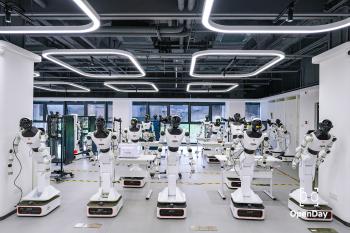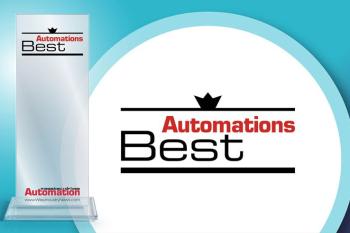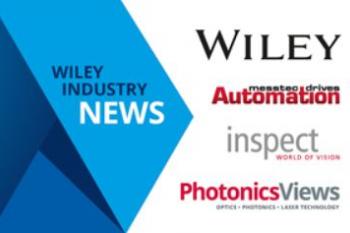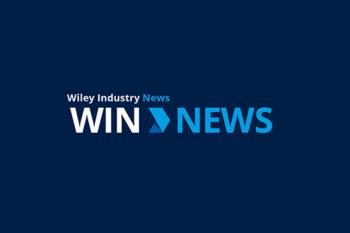Research project aims to increase plastics recycling rate
Tracer-Based-Sorting
Participants in the project are Polysecure, HD Vision Systems, Karlsruhe Institute of Technology (KIT), Pforzheim University of Applied Sciences and the Fraunhofer Institute for Foundry, Composite and Processing Technology IGCV. The aim of the research project "Tracer Based Sorting - Efficient and Flexible" (Tasteful) is to increase the efficiency and practicability of tracer-based sorting technology (TBS). Subgoals of the project are the improvement of the excitation technology, the extension of the tracer and thus sorting code portfolio as well as the extension of the sorting technology by object recognition systems.
In perspective, this will improve the reliable recognition of sorted goods by combining tracer detection and object recognition based on artificial intelligence (AI). "We are thus realizing an innovative leap for the recycling industry, which will be able to sort better and more cost-effectively in the future than with the inadequate current sorting technologies," explains Prof. Dr. Jörg Woidasky of Pforzheim University.
Industrial quality assurance systems in use
Polysecure is pursuing this approach together with research partners in order to quickly provide application-ready solutions for sorting. To this end, the Heidelberg-based company HD Vision Systems is providing optical systems that have been used to date for industrial identification tasks in quality inspection and robot control. The company is adapting the inspection systems and processing neural networks to the new application. CEO and founder Dr. Christoph Garbe explains the special features of this inspection task: "Packaging materials usually have very complex optical properties, such as arbitrary deformations in some cases. With our light field imaging, we can master this: our measurement system not only enables geometry measurement, but also the determination of optical surface properties."
Demonstration facility planned in Freiburg
Object recognition and tracer identification is being pursued by the Fraunhofer Institute for Foundry, Composite and Processing Technology IGCV in Augsburg using artificial intelligence methods. The Karlsruhe Institute of Technology (KIT) is working with Polysecure to develop new tracer substances, and Pforzheim University of Applied Sciences is conducting waste management studies and supporting the market entry of TBS technology. The results of the work will be combined in a demonstration plant at Polysecure's technical center in Freiburg, where extensive sorting tests for validation under real conditions are planned at the end of the project. The consortium's work began in February 2021 with a joint project meeting and is expected to last two years.
Technology in detail: tracer-based sorting
In tracer-based sorting, plastic packaging is given a sorting code corresponding to its technical specification class by tracers. For this purpose, the inorganic tracer substances are either dispersed in the packaging material or applied to the packaging or label by conventional printing methods. When the tracers are suitably excited, they fluoresce and emit a characteristic fluorescence in each direction - the sorting code. This optical signature can be readily detected even in rapidly and uncontrollably moving, dirty and deformed packaging. No other technology offers comparable reliability and efficiency for sorting waste.
Packaging waste can only be sorted by plastic type (PP, PE, PS, PET) with current state-of-the-art sorting methods using near-infrared reflectance spectroscopy (NIR sorters), which prevents reuse of high quality. "Complete recycling only becomes possible by differentiating by other criteria, e.g. food applications such as yogurt pots versus non-food applications such as personal care products or even by manufacturer," said Dr. Frank Fuchs, project coordinator. "Through our tracers, brands will be able to recover and reuse packaging materials of known quality and quantity in the future."
Contact
HD Vision Systems GmbH
Carl-Friedrich-Gauß-Ring 5
69124 Heidelberg
Germany
+49 6221 67219-00
+49 6221 67219-01







